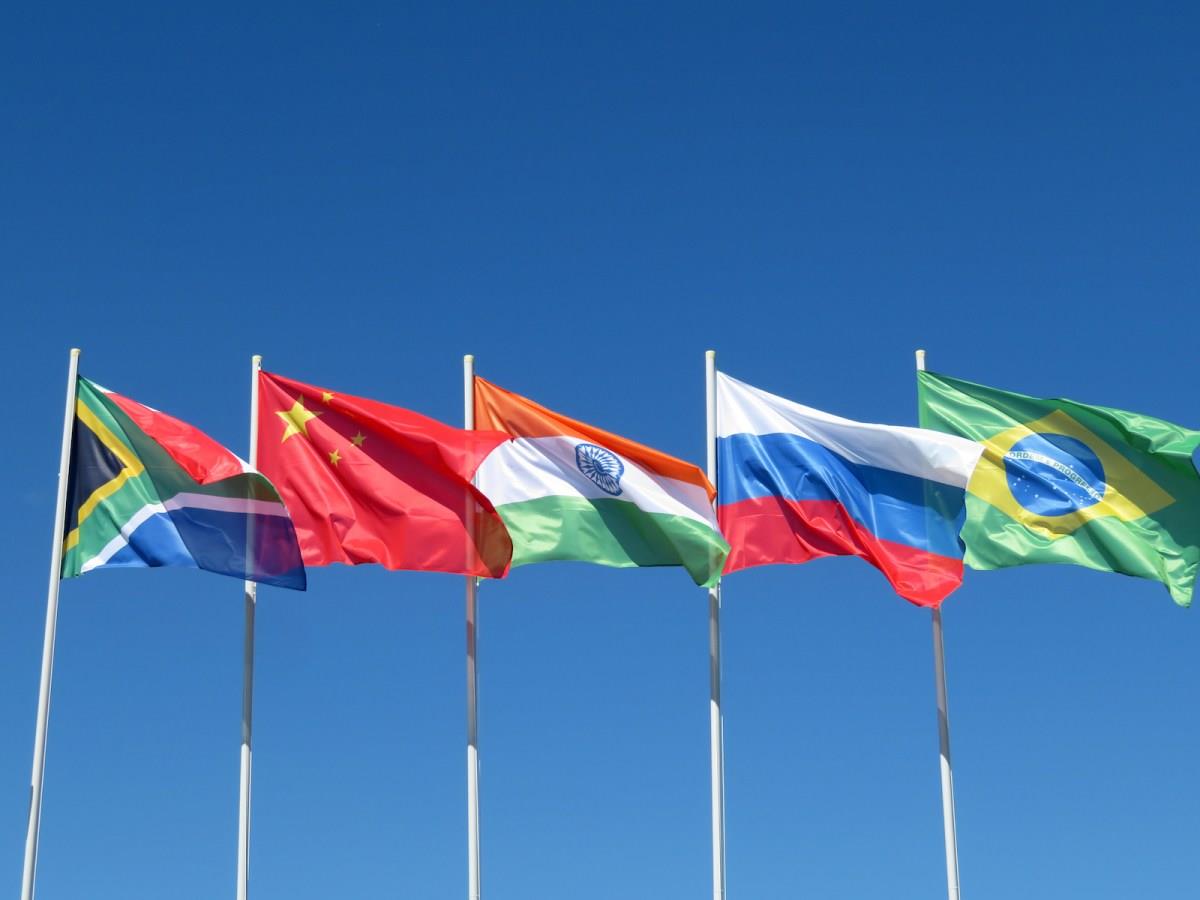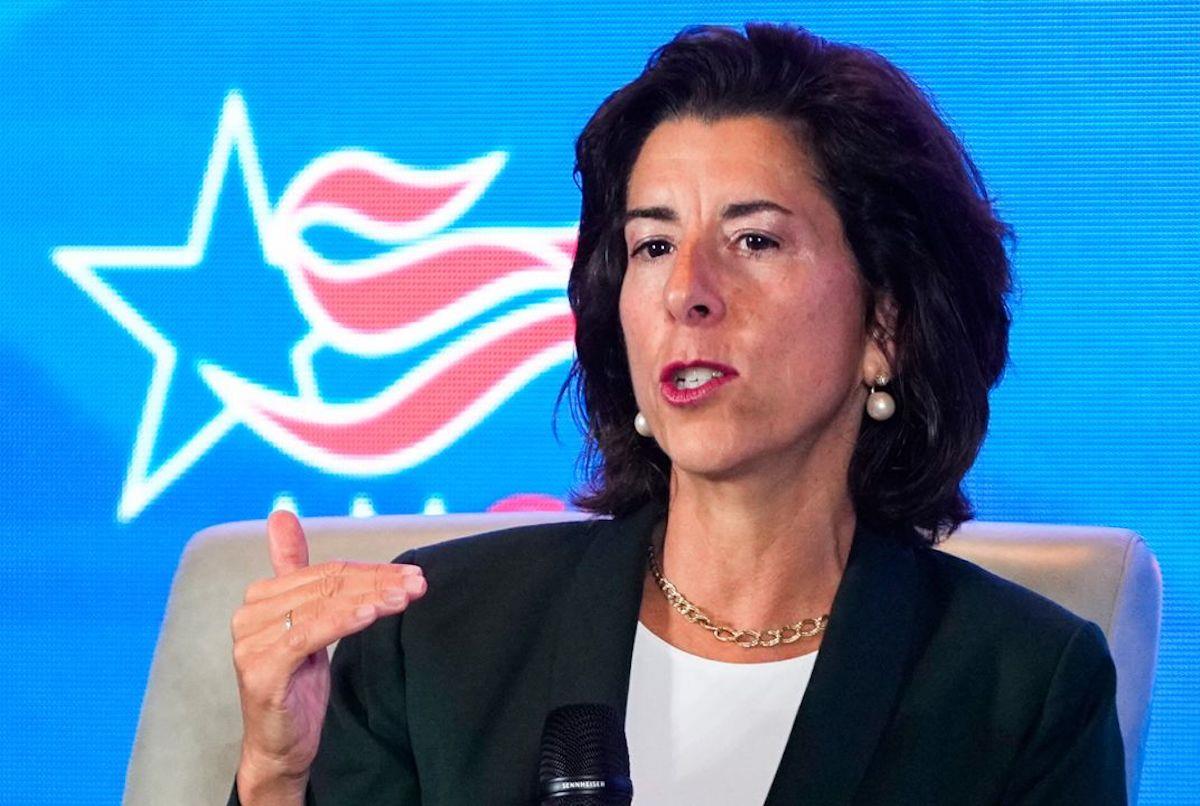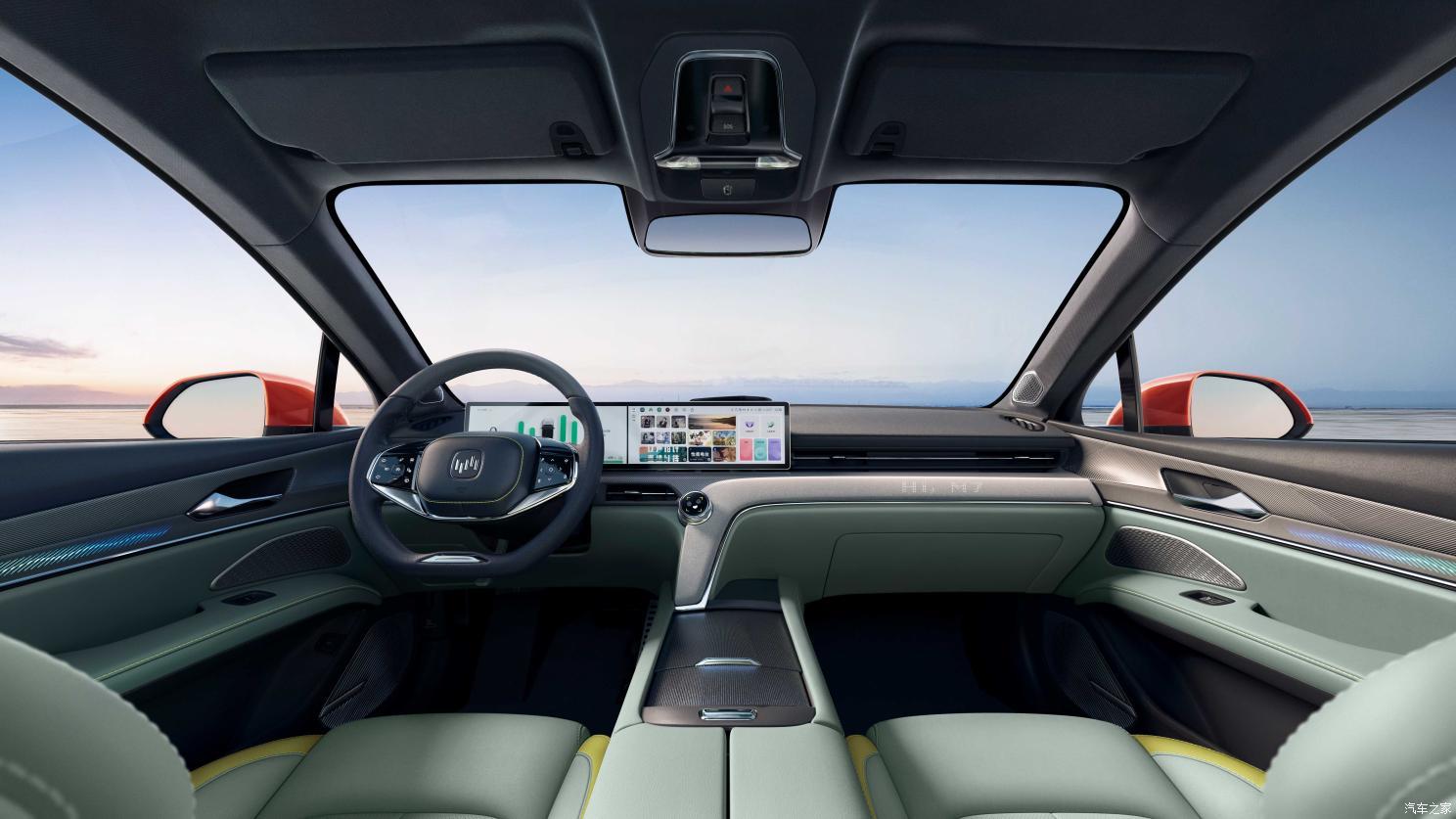(MENAFN- Asia Times) For much of the 20th century, international diplomacy was primarily molded by a global framework where superpowers held sway over most of the world's political and economic assets. The early 1990s, however, marked a shift toward a singular dominant power structure, with the United States taking the role as global leader.
Yet today, a fresh transformation is under way, one in which a multipolar landscape positions middle powers as crucial actors.
The decision to invite
six new members
– Argentina, Egypt, Ethiopia, Iran, Saudi Arabia and the United Arab Emirates (all of which are considered middle powers) – into the BRICS group of economies brings substantial value to advancing economic diplomacy and political reconciliation in a rapidly changing global landscape.
Cooperation has become essential in a world grappling with shared global challenges. However, the existing framework of international relations is buckling beneath the weight of enduring and emerging geopolitical rivalries.
The rekindling of prolonged land warfare through Russia's invasion of Ukraine shattered the notion that such conflict was consigned to history. The impending divergence in trade and technology between theand China has far-reaching implications.
The specter of rising isolationism and protectionism looms. Meanwhile, the rapid ascent of artificial intelligence and pressing concern over food scarcity further compounds the array of issues global leaders must confront.
MENAFN01092023000159011032ID1106994243
Legal Disclaimer:
MENAFN provides the
information “as is” without warranty of any kind. We do not accept
any responsibility or liability for the accuracy, content, images,
videos, licenses, completeness, legality, or reliability of the information
contained in this article. If you have any complaints or copyright
issues related to this article, kindly contact the provider above.























Comments
No comment